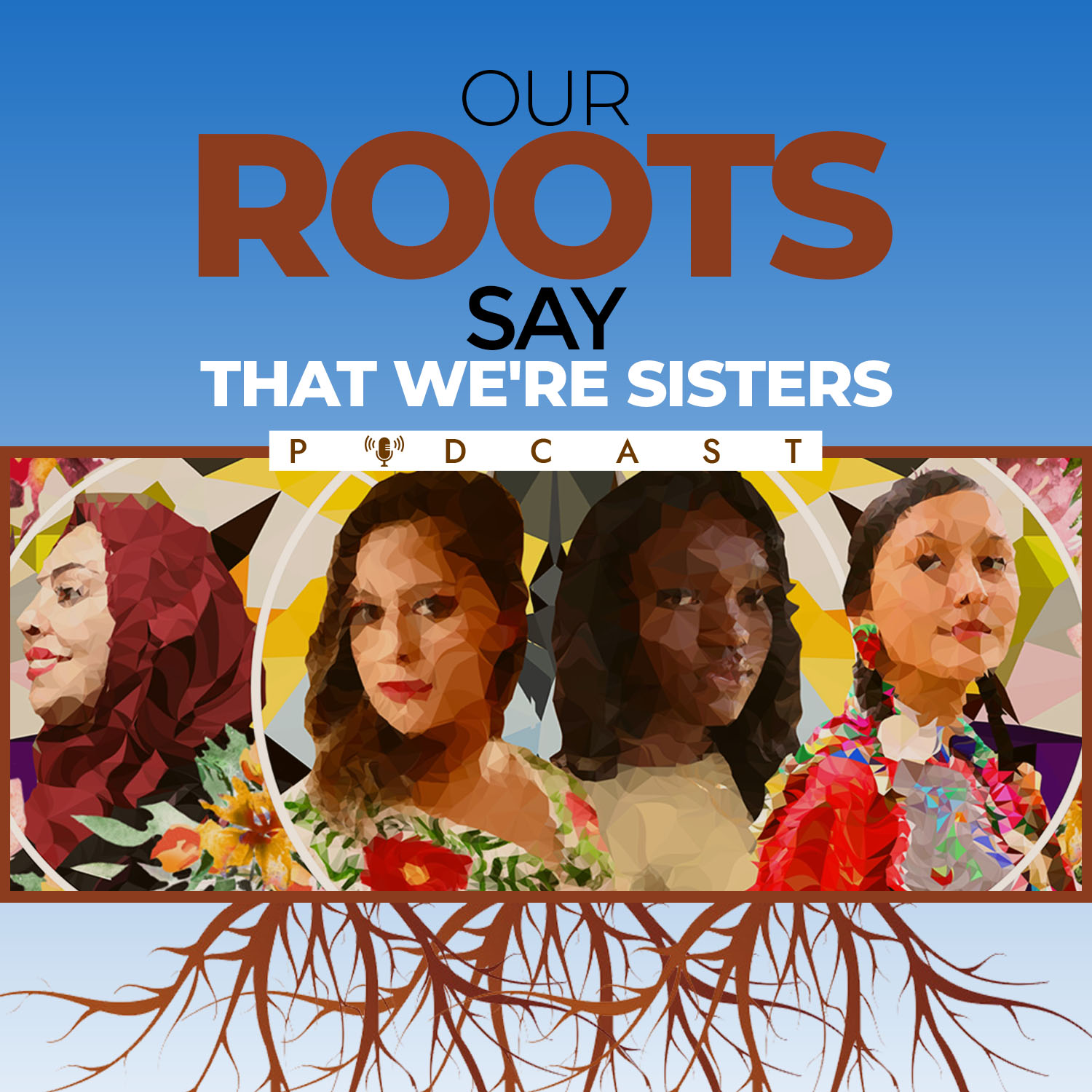Societal Standards and Self-Love with Cori Thompson
In this episode our host Sheena Carey talks to Cori Thompson, senior in the College of Health Sciences. Cori is the founder and president of the Campus Curlz chapter at Marquette. Cori identifies as a black woman.
Episode Highlights:
01:55 – I think it really took a lot of looking outward and realizing what I wanted to be and what I wanted to look like.
03:32 – It is important that we all work to define those standards of what we need to look like, to be in certain standards or in certain circles. Academics don’t need to look a certain way. I’m very intelligent and my curly hair does not change what I’m capable of in a classroom setting.
06:04 – You have to break down those feelings and images of yourself to find the ones that you love the most.
14:15 – It’s not our responsibility to help you figure out what you need to do to become a better person. That’s on you. And it’s not our job to speak out when something goes wrong. You have to do the work yourself. I’m here as a student, just like you, and I don’t want that to be my job of being a black student advocate. I’d like to do other things. I’m proud to be black, but it’s not my entire identity.
Interview:
01:09 - What is the story you’d like to share with us today? – I want to talk about self-love. Being a black woman and looking at societal standards, it can be hard to love yourself for what you look like because you may not fit that beauty standard.
02:20 - How has your identity informed the choices that you’re making? –
Focusing on what’s important in my identity has made me make certain choices.
03:49 – In what ways does the theme of the mural project resonate for you? –It’s good to see those images because we don’t have to cover up who we are
04:23 – How has Marquette impacted women of color? – You look around and you see people that don’t really look like you, and you realize, well, should I conform to that or should I continue to be myself?
05:00 – What women of color have served as inspiration for you? – I am a big fan of Michelle Obama, she is very educated and very poised, that’s something that I really admire.
05:43 - What role has vulnerability played in the journey that you’re taking? – You definitely have to be vulnerable to find love for yourself.
06:17 – What’s the role of other women of color in helping you negotiate some of the challenges that you’re facing? – It’s nice to know that other people are going through these experiences, and not just you.
07:27 - There are two women that I really enjoy talking to because they understand the struggles: My Hall Director, Whitney Woodson, and my advisor in the Biomedical Science Department, Dr. Makky.
07:42 – Tell us a little bit more about this organization you started? – It’s called Campus Curlz – it is a national organization. It is a group for anyone who has curly hair.
08:57 - What impact do you hope to have on women of color? – I would love to be a role model, someone that can show women that there is a lot they can accomplish.
09:50 - What are your hopes for the future? – I’m hoping that Marquette starts to let in more students of color. And for myself to continue to be in my field.
11:10 – What are some suggestions you might make to Marquette to help students of color feel more at home, here on campus? – They kind of leave that up to the students themselves, which is not always fair. If they make a more conscious effort to connect black students, I think that would be helpful.
12:45 – Would you make Marquette your choice again? – I would. It’s been hard, but I’ve met a lot of great people, and I’m very passionate about my major.
13:28 – What do you want the community to know about you and your journey? – I want them to know that we are here, I’m here, and that my journey isn’t typical of every other Marquette student, and students of color blend in because we have to either blend in or stick out like a sore thumb.
14:48 – As a young black woman what is the one battle you would love to stop fighting? – I would love to stop fighting misogyny. Being a woman is hard already. Being a black woman is ten times harder.
15:45 – What will you take away from your experience at Marquette to gird you for what’s ahead? – This experience has taught me that I really can do anything. It’s been hard, but that has taught me how to be a lot stronger.
Contact information:
Jacki Black
pronouns: she/her/hers
Associate Director for Hispanic Initiatives
Marquette University
454 Zilber Hall | PO Box 1881 | Milwaukee, WI 53201
414-288-4118
http://www.marquette.edu/diversity/
Credits:
The Our Roots Say That We're Sisters Podcast series was recorded and produced by Podcast Town (www.podcasttown.net)
